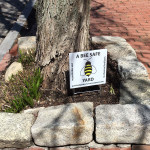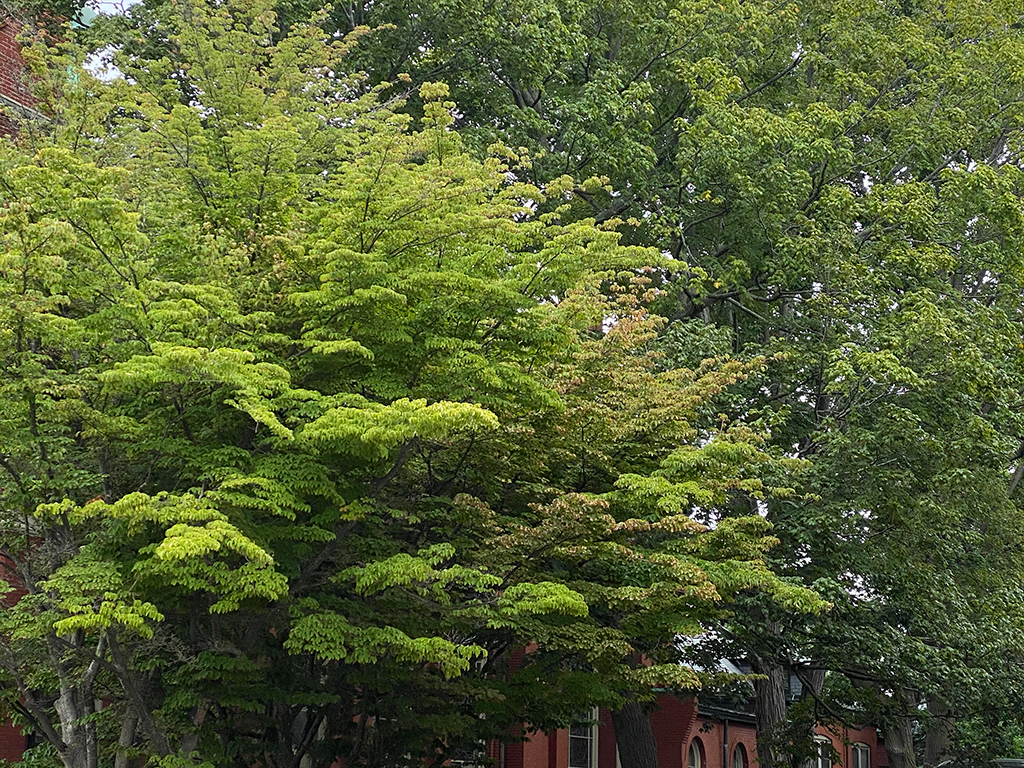Pesticide Task Force Votes to Work into 2017
by Bridget Chase
The Pesticide and Fertilizer Task Force met on December 21st with the expectation of a decision on a draft ordinance that would go before the Energy and Sustainability Committee and ultimately the City Council. But that didn’t happen.
The agenda had called for the bulk of the meeting to be spent discussing three drafts. This did not happen. Most of the meeting was spent reviewing a newly revised version of a compromise ordinance. The Task Force voted to continue to meet to work on the compromise version.
The majority of the Task Force wants to see the final document of its seven-month-and-counting efforts to be unanimous with no minority report. The challenge is finding a balance between the opposing positions passionately held by members of the Task Force and the City Council’s charge to recommend “…a course of action to minimize the environmental and health impacts of chemical pesticides and fertilizers.”
Avery Yale Kamila, co-founder of Portland Protectors, is an articulate and forceful Task Force voice. She wants a strong ordinance like the one South Portland enacted in 2016. Deven Morrell, a licensed arborist at Lucas Trees and Board member of the Maine Board of Pesticide Control, is a vocal Task Force proponent of the current integrated pest management approach. Neither Kamila nor Morrell are not huge fans of the compromise version. Morrell acknowledged at the meeting that a compromise ordinance means that no one gets what they want.
Next Steps
A divided report from the Task Force would leave the difficult task of drafting one ordinance to the Energy and Sustainability Committee. This small three-person group is chaired by Councilor Spencer Thibodeau, who has recused himself from discussions about pesticide use on private lands. He is joined by Councilors Duson and Ray, who were appointed to the Committee in December.
The Task Force opted out of holding a public hearing. Task Force members and Portland Protectors encouraged the public to email comments to the Task Force via the City’s Sustainability Coordinator Troy Moon. In two weeks, forty-three e-mail messages representing residents and the membership of twelve health, environmental, gardening and pest control organizations were sent to Moon prior to the December meeting. All but two of the e-mails submitted to Moon and posted on the City’s website wanted a stronger ordinance than the compromise.
The next meeting of the Pesticide Task Force is set for January 31st, 5: 30 to 7:30 p.m. in Room 24 (Basement) of City Hall.







